Laser Pigmentation Removal
Safely and effectively reduce the appearance of pigmentation, including sun damage, age spots and scarring.


What is pigmentation or hyperpigmentation?
Hyperpigmentation is a condition where patches of skin become darker than the surrounding skin. This darkening occurs when an excess of melanin, the brown pigment that produces normal skin colour, forms deposits in the skin. It can be often due to sun exposure, hormonal changes, inflammation, medications, medical conditions, genetics, and ageing.

How it Works
Our laser pigmentation removal treatment offers a safe and effective solution to reduce the appearance of pigmentation concerns. Using the latest laser technology we are able to precisely target pigment using a specific wavelength that treats the unwanted pigmentation while protecting the surrounding skin.
As the pigment in the skin is heated, it shatters and rises to the surface, eventually drying and flaking off, resulting in a more even skin tone.
With extensive experience in laser depigmentation treatments, our team will design a comprehensive treatment plan to address your immediate pigmentation concerns and develop a long-term skincare routine to ensure lasting results. They key to managing pigmentation is consistent SPF and skincare actives that prevent and reduce pigmentation formation.

Different Types of pigmentation
Melasma: Characterized by brown or gray-brown patches on the face, particularly on the cheeks, forehead, nose, and upper lip. It is often triggered by hormonal changes, such as during pregnancy or with the use of birth control pills, and can be exacerbated by sun exposure. We recommend a combination of Oral Traneximic Acid (prescription required) in combination with integrated topical cosmeceuticals and in clinic q-swith laser treatment.
Freckles (Ephelides): Small, flat, light brown or red spots that typically appear on sun-exposed areas of the skin. They are more common in people with lighter skin and can increase in number with sun exposure. We recommend a course of laser treatment specific to your individual needs.
Solar Lentigines (Age Spots or Liver Spots): Brown, black, or gray spots that develop on areas frequently exposed to the sun, such as the face, hands, shoulders, and arms. They are more common in older adults.
Post-Inflammatory Hyperpigmentation (PIH): Darkened spots that appear after an inflammatory skin condition, such as acne, eczema, or injury, has healed. These spots can occur in any skin type but are more prevalent in darker skin tones.
Hypopigmentation: This is characterized by patches of skin that are lighter than the surrounding skin. Conditions like vitiligo and albinism fall under this category. Vitiligo is an autoimmune disorder that results in the loss of pigment-producing cells, while albinism is a genetic condition affecting the production of melanin.
Hyperpigmentation: Refers to areas of skin that become darker than the surrounding areas. This can be due to various factors, including excessive sun exposure, hormonal changes, and certain medications or skin injuries.
Nevus (Moles): These are common pigmented skin lesions that can appear anywhere on the body. Moles can be flat or raised and vary in color from pink to dark brown or black. They are usually benign but can occasionally become malignant, requiring medical evaluation.

Different types of lasers we use
At Medical Aesthetic, we use advanced laser technologies specifically designed for the treatment of pigmentation. The Medlite C6, a Q-switched laser, is particularly effective for addressing pigmentation issues such as melasma, sun spots, and post-inflammatory hyperpigmentation. Its short, high-energy pulses target pigment particles with precision, breaking them down without damaging the surrounding skin. The Clarity II by Lutronic, a dual-wavelength laser, combines Alexandrite and Nd Yag wavelengths to treat a variety of pigmentation concerns, allowing for customizable treatments that cater to different skin types and pigmentation depths. This versatility ensures effective outcomes for conditions like age spots and freckles. Additionally, the Vlaser by Cryomed, a long-pulse laser, can be used for treating pigmented vascular lesions, offering precise targeting to reduce discoloration and improve skin tone. These cutting-edge lasers provide comprehensive and effective solutions for pigmentation issues, helping patients achieve clearer, more even-toned skin.

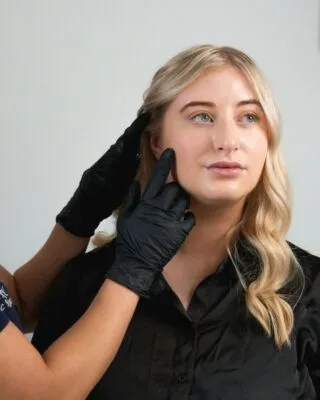



Before and After
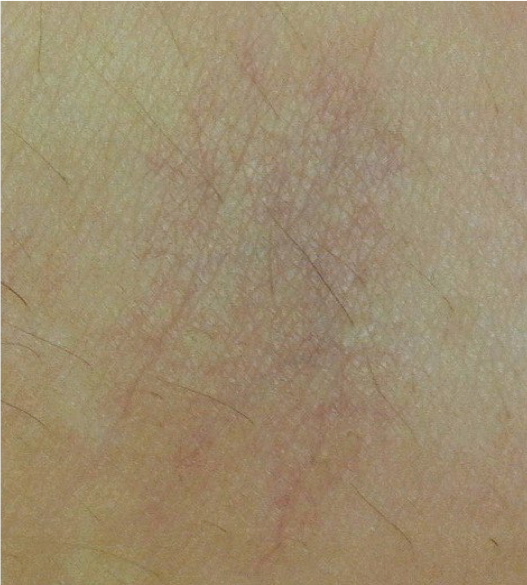
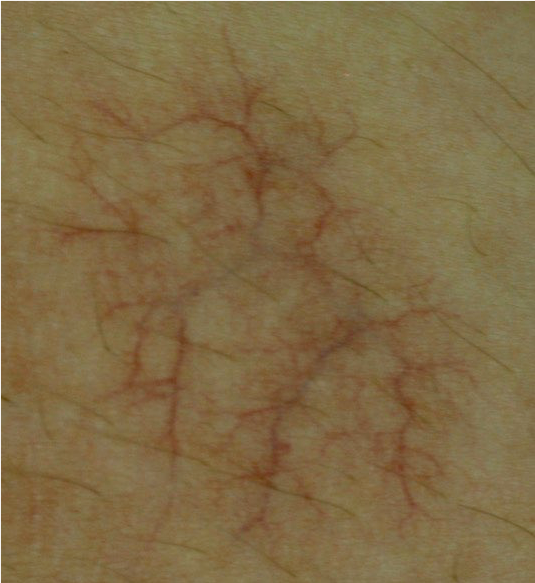
We make advanced skincare easy to understand and easy to use and hope to help you develop your own effective skincare routine.
A dermal clinician is a professional who specializes in the assessment, management, and treatment of skin conditions and concerns. Our Dermal Clinicians have completed a Bachelor in health science and have extensive training and education in dermal sciences, cosmetic procedures, and skin health. Our Dermal clinicians are skilled in performing various non-invasive and minimally invasive treatments to improve skin health and appearance.
Choosing a dermal clinician for pigmentation removal can offer several advantages. Firstly, dermal clinicians have a deep understanding of the skin’s structure, function, and various pigmentary disorders, allowing them to accurately diagnose and customize treatment plans tailored to each individual’s needs. They have expertise in utilizing advanced technologies such as lasers, light-based therapies, chemical peels, and cosmeceuticals to effectively target and reduce pigmentation. Moreover, dermal clinicians prioritize safety and efficacy in their treatments, ensuring that patients receive optimal results with minimal risk of adverse effects. Additionally, they provide comprehensive pre-treatment assessments and post-treatment care, guiding patients through the entire process and optimizing treatment outcomes. Overall, choosing a dermal clinician for pigmentation removal can provide patients with specialized expertise, personalized care, and confidence in achieving clear, radiant skin.
The number of sessions needed for pigmentation treatment can vary depending on several factors, including the type and severity of pigmentation, the treatment method used, your skin type, and individual response to treatment. It’s essential to consult with a qualified dermal clinician who can assess your specific condition and recommend a personalized treatment plan.
Laser therapy for pigmentation removal often requires several sessions spaced out over several weeks or months to gradually lighten the pigmentation and minimize the risk of side effects.
During your initial consultation, your clinician will evaluate your skin, discuss your treatment goals, and recommend a treatment plan tailored to your needs. They will also provide information about the expected number of sessions, as well as any pre-treatment preparation and post-treatment care instructions.
Keep in mind that while multiple treatment sessions may be necessary, the ultimate goal is to achieve long-lasting results and improve the appearance of pigmentation while prioritizing your skin’s health and safety.
Pigmentation can be influenced by various factors such as sun exposure, hormonal changes, genetics, and skincare habits. While certain treatments can effectively reduce pigmentation, such as laser therapy or topical treatments, there’s always a possibility of pigmentation returning, especially if the underlying causes aren’t addressed.
To minimize the chances of pigmentation returning, it’s essential to protect your skin from sun exposure using sunscreen daily, maintain a consistent skincare routine, and follow any post-treatment care recommendations provided. Additionally, regular 6 monthly maintenance treatments can help maintain your results and address any new concerns promptly.
After pigmentation treatment, it’s crucial to take extra precautions when exposing your skin to the sun. Sun exposure can not only exacerbate pigmentation but also interfere with the healing process and potentially lead to adverse effects.
Here are some guidelines to follow:
• Limit Sun Exposure: Try to avoid prolonged sun exposure. We recommend no sun exposure for a minimum 14 days pre and 14 days post any treatments.
• Use Sunscreen: Apply a broad-spectrum sunscreen with an SPF50+ to all exposed skin areas, even on cloudy days and in Winter. Reapply sunscreen every two hours or more frequently if you’re swimming or sweating.
• Wear Protective Clothing: Whenever possible, wear protective clothing such as wide-brimmed hats, long-sleeved shirts, and sunglasses to shield your skin from direct sunlight.
• Follow Post-Treatment Instructions: Your healthcare provider will provide specific post-treatment instructions tailored to your situation. Follow these guidelines carefully to optimize your results and minimize the risk of complications.
• Remember that protecting your skin from the sun is essential not only for maintaining the results of your pigmentation treatment but also for overall skin health and reducing the risk of skin damage and premature aging.
PIGMENTATION & MELASMA
Melasma, characterized by brown or greyish-brown facial patches, affects many women and is influenced by genetics, health conditions, medications, and environmental factors. It can be distressing and requires comprehensive skin management. Melasma is particularly common during pregnancy and with contraceptive use, affecting up to 70% of pregnant women and 29% of women on birth control. For Asian women with darker skin, the prevalence is 40%.
Melasma develops slowly, often worsening in summer. Effective management focuses on maintenance rather than a cure, addressing factors like family history and sun exposure. Treatment involves a combination of oral Tranexamic Acid (prescription required), home care with tyrosinase inhibitors, antioxidants, sunscreen, and Vitamin A, alongside in-clinic treatments like laser facials, skin needling, and chemical peels.
Our goal is to reduce pigmentation, improve appearance, minimize recurrence, and limit treatment side effects. Effective management includes setting realistic expectations, addressing internal health issues such as stress and hormone imbalances, avoiding skin irritation, ensuring regular application of broad-spectrum sunscreen, using antioxidant therapy, reducing pigment production with tyrosinase inhibitors, and incorporating retinoids for pigment management.
Melasma management requires a comprehensive, combination approach tailored to individual needs, focusing on both reducing pigmentation and preventing recurrence.
Want to know what other customers are saying about our services? Take a look at our testimonials.
“Zena and the team at medical aesthetic are incredible industry professionals. I’ve been coming here for a couple of years now and I always leave feeling amazing.They go above and beyond to teach you about your skin and have a range of treatments to fix anything you have going on.I send all my friends there and everyone has such positive experiences. Thank you for helping me feel more confident in my skin. Wishing you the best of luck in your new space it looks incredible and i can’t wait to come back.”
“Recently I visited the Medical Aesthetic clinic and I loved being there. The staff were extremely kind and attentive. I met Dr. Sophia who helped me understand my skin better and explained everything to me patiently. They are open to your choice for the course of action which makes you feel relaxed and understood. I would highly recommend their service.”
“Sophia at Medical Aesthetic is very patient, very professional and very understanding. She listens intently and gives you her full attention and care, which can often be a little lacking in high-functioning medical practitioners. I’ve found all the staff to be faultlessly polite and friendly. The sleek new premises reflect the professionalism of their operation.”
“Jacinta at Medical Aesthetic in South Melbourne is very professional, always feel very comfortable when you go in for your appointment.”
“Amelia is always a delight at reception & knows how to make you feel valued. Zena yet again exceeds expectations. She listens to your concerns and addresses them and works with you and your budget to ensure you walk out happy & with a plan.”
“The team at Medical Aesthetics are fabulous, in-depth consultation and professional team who really listen to my skin goals. Skye is so warm and friendly and made sure I was comfortable throughout the treatment. Also love the follow up afterwards!”
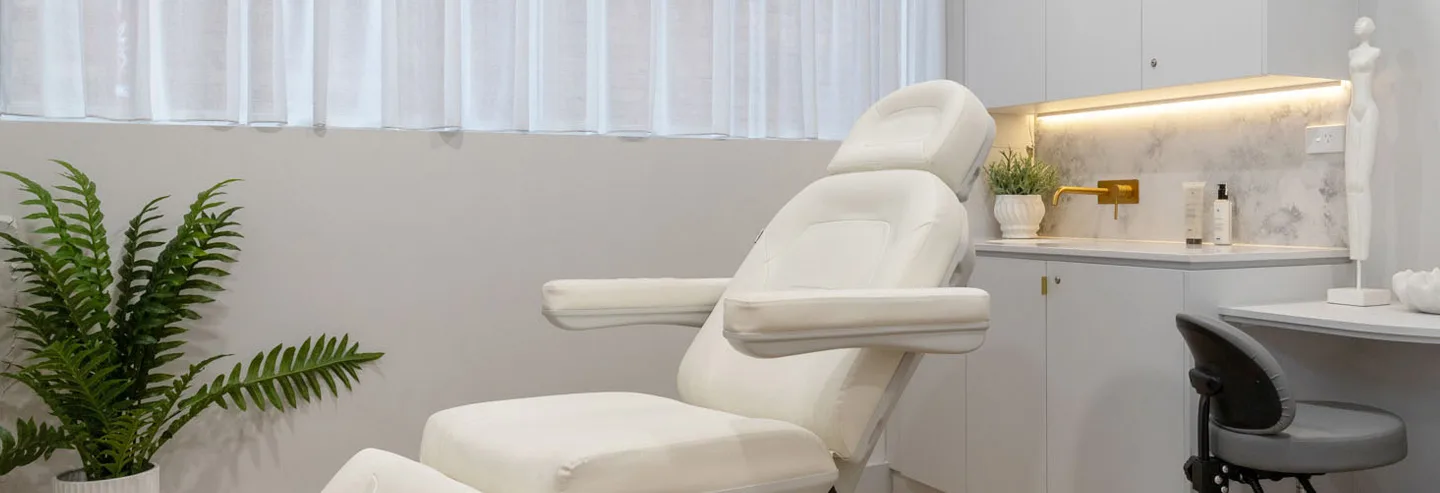
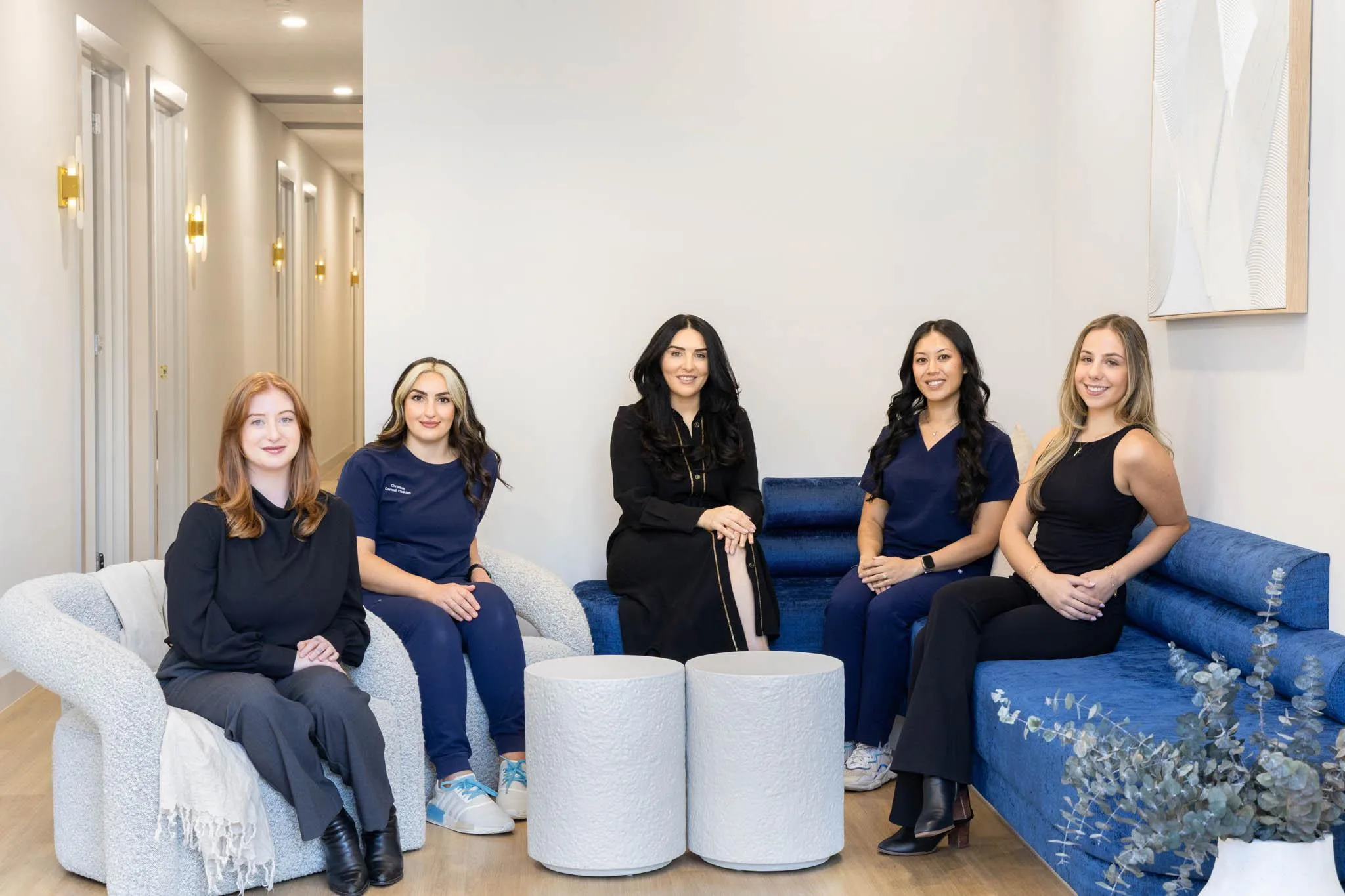
No products in the cart. RETURN TO SHOP